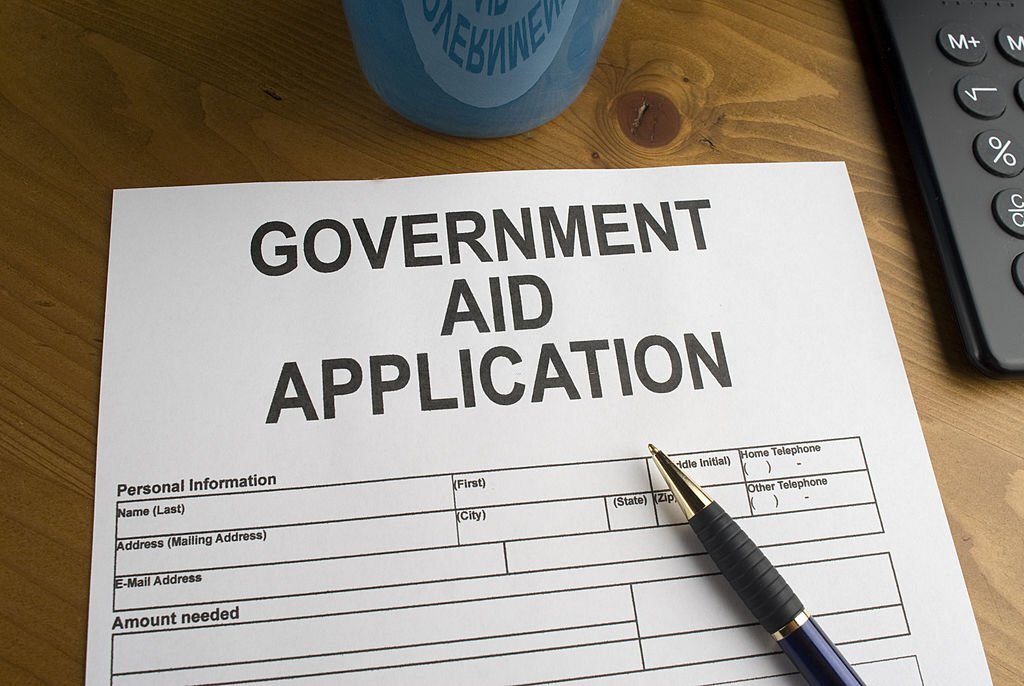
The disruption caused by Covid-19 is being felt in almost every sector of the UK economy, with the Government revealing their £330bn support plan to aid businesses through the epidemic.
Chancellor Rishi Sunak said the Government would do “whatever it takes” to fight the economic shockwaves of coronavirus, including tax cuts and millions in grants and loans. The government has now implemented several schemes to help employees and businesses affected by Covid-19.
You can find further details about how to claim financial help below.
Sick pay
You can get £95.85 per week Statutory Sick Pay (SSP) if you’re too ill to work. It’s paid by your employer for up to 28 weeks.
You could also get SSP if you cannot work and you’re:
- self-isolating because you, or someone in your household is displaying symptoms of coronavirus
- staying at home because you’re at high risk of severe illness from coronavirus – this is called ‘shielding’
SSP start date
You can get SSP for every day you were self-isolating if you started on or after 13 March.
If you started self-isolating before 13 March, you can get SSP from:
- the fourth day you were sick – if you had coronavirus symptoms
- 13 March – if you were self-isolating because someone you live with had symptoms
Proof of sickness
If you have coronavirus or are advised to stay at home, you can get an ‘isolation note’ by visiting NHS 111 online, rather than visiting a doctor. For coronavirus cases this replaces the usual need to provide a ‘fit note’ (sometimes called a ‘sick note’) after 7 days of sickness absence.
If you’re self-employed or not eligible for SSP
If you’re not eligible for SSP – for example if you’re self-employed or earning below the Lower Earnings Limit of £120 per week – and you have coronavirus or are advised to stay at home, you can now more easily make a claim for Universal Credit or new style Employment and Support Allowance.
If you’re eligible for new style Employment and Support Allowance, it will now be payable from day 1 of sickness, rather than day 8, if you have coronavirus or are advised to stay at home.
Workers on temporary leave (furloughed workers)
If you and your employer both agree, your employer might be able to keep you on the payroll if they’re unable to operate or have no work for you to do because of coronavirus. This is known as being ‘on furlough’.
You could get paid 80% of your wages, up to a monthly cap of £2,500.
If your salary is reduced as a result of these changes, you may be eligible for support through the welfare system, including Universal Credit.
Check if you could be covered by the Coronavirus Job Retention Scheme.
Claiming benefits
Whether you’re currently in or out of work, if you’re on a low income and affected by the economic impacts of coronavirus, you will be able to access the full range of the welfare system, including Universal Credit.
We have increased the standard allowance in Universal Credit and the basic element in Working Tax Credit for 1 year. Both have increased by £20 per week on top of planned annual uprating. This applies to all new and existing Universal Credit claimants and to existing Working Tax Credit claimants.
If you have coronavirus or are staying at home
You’re now able to claim Universal Credit, and if required can access advance payments upfront without needing to attend a jobcentre.
If you’re self-employed
You’re able to claim Universal Credit, providing you meet the usual eligibility criteria.
To support you with the economic impact of the outbreak, and allow you to follow government guidance on self-isolation and social distancing, we have temporarily relaxed the Minimum Income Floor. This applies to all Universal Credit claimants and will last for the duration of the outbreak.
New claimants will not need to attend the jobcentre to demonstrate gainful self-employment.
Support for rent costs
You should check your eligibility for Universal Credit, which is available for people in and out of work. Support for rental costs will be paid through Universal Credit.
Local Housing Allowance rates have been increased to the 30th percentile of market rents. This applies to all private renters who are new or existing Universal Credit housing element claimants, and to existing Housing Benefit claimants.
Government Help for businesses during Covid-19
A full range of business support measures have been made available to UK businesses.
This page help businesses find out how to access the support that has been made available, who is eligible, when the schemes open and how to apply.
Paying your employees
Claim for wages through the Coronavirus Job Retention Scheme
Paying sick pay
Claim back Statutory Sick Pay paid to employees due to coronavirus (COVID-19)
Paying tax
Deferral of VAT payments due to coronavirus (COVID-19)
Deferral of Self-Assessment payments due to coronavirus (COVID-19)
If you cannot pay your tax bill on time
Business rates relief
Check if your nursery is eligible for business rates relief due to coronavirus (COVID-19)
Business support grant funds
Coronavirus (COVID-19): business support grant funding – guidance for businesses
Support for the self-employed
Claim a grant through the coronavirus (COVID-19) Self-employment Income Support Scheme
Support for small and medium-sized businesses
Apply for the Coronavirus Business Interruption Loan Scheme
Apply for the coronavirus Future Fund
Apply for a coronavirus Bounce Back Loan
Support for large businesses
Apply for the Coronavirus Large Business Interruption Loan Scheme
Apply for the COVID-19 Corporate Financing Facility
Date posted: 30/04/2020


